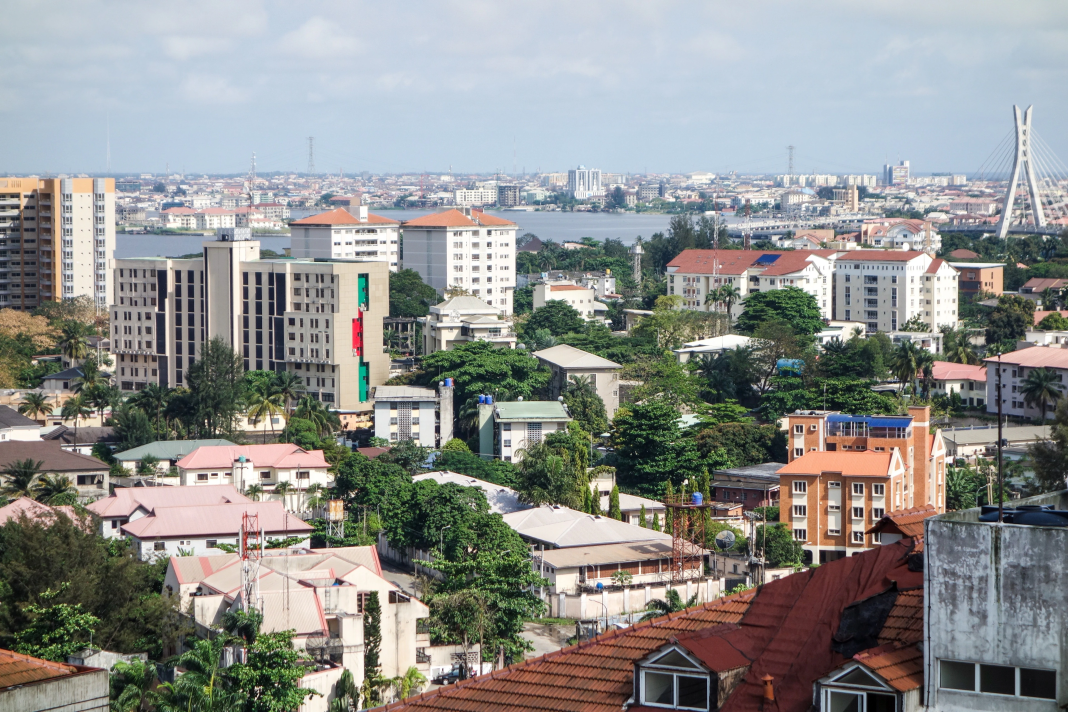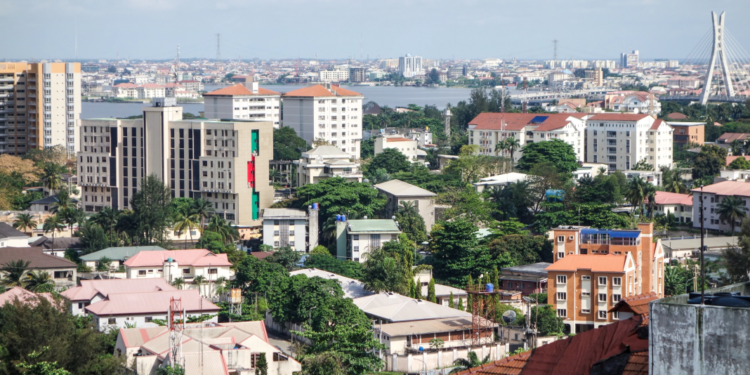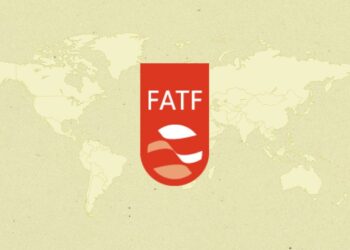Africa’s urban population is expanding rapidly, and with it, the demand for housing continues to intensify.
As a result, rental prices have become a key indicator of living costs across the continent.
The continent’s population reached an estimated 1.5 billion in 2024 and continues to grow by about 100 million every three years.
This steady shift toward urban living is placing increasing pressure on housing markets.
Rent is often the single largest monthly expense for households. It influences migration trends, reduces disposable income, and reflects the overall health of local housing markets. In rapidly urbanising regions, high rent costs may signal growing demand, inflationary pressures, or a shortage of affordable housing.
This ranking by Nairametrics is based on data from Numbeo, a renowned online database that tracks cost of living and quality of life statistics using user-contributed data from cities around the world.
The analysis draws from Numbeo’s 2025 Rent Index, which compares average rent levels across countries using New York City as the global benchmark, with an index value of 100. A country with a Rent Index of 20, for example, has average rent prices that are 20% of those in New York.
The list below highlights the top 10 African countries with the most expensive rent relative to New York. Each country is profiled with its regional location, estimated 2025 population, and major cities.

Nigeria ranks first among African countries with the most expensive rent in 2025, recording a Rent Index of 21.8. This marks a sharp rise from 2024, when it ranked 5th with a Rent Index of 15.4.
Located in West Africa, Nigeria is the continent’s most populous country and ranks sixth globally by population. Its rapidly expanding urban centres continue to face intense pressure on housing supply.
As of June 2025, Nigeria’s population is estimated at 237,386,068. About 54.9% of the population, or roughly 130.3 million people, live in urban areas. With a land area of 910,770 square kilometres and a high population density of 261 people per square kilometre, urban housing demand continues to outpace supply.
Major cities such as Lagos, Abuja, Kano and Port Harcourt serve as economic hubs, attracting millions of residents and driving up competition for rental housing.
























I doubt the integrity of this article. Nigeria has more expensive rent than Senegal??? Never. Ita worhwe the article for it wrong or im the one who doesn’t understand the article
I doubt the integrity of this article. Nigeria’s rent more expensive rent than Senegal??? Never. Its either the article got it wrong or I’m the one who doesn’t understand the article